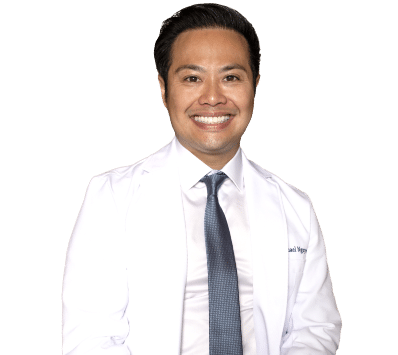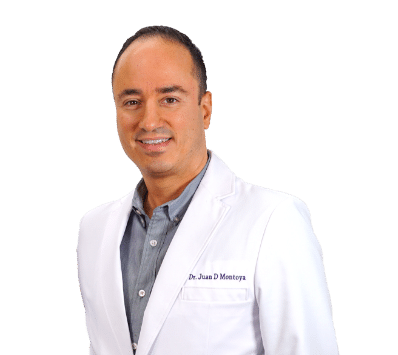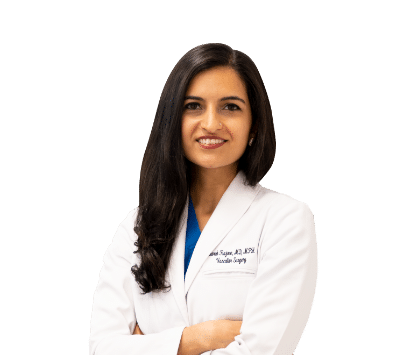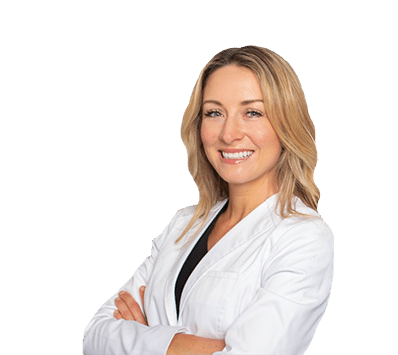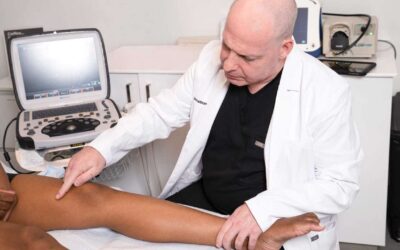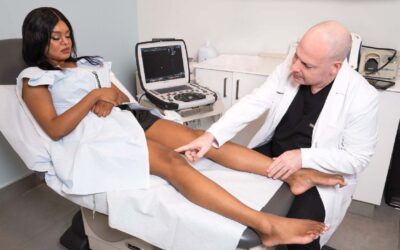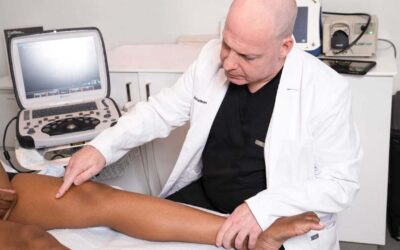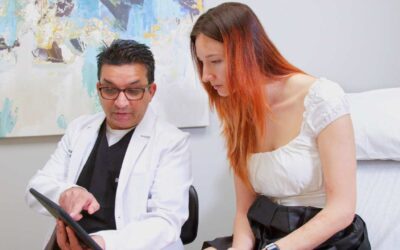Do I Need to Make an Appointment at a Vein Clinic in NYC?
Vein disease can cause a lot of pain and discomfort, so it’s important to seek treatment at a reputable vein clinic. Click HERE to book an appointment at our excellent vein clinic in NYC, or keep reading to learn more about the questions you should ask to figure out if you need vein treatment from a great vein treatment center.
What causes vein disease?
Veins throughout the body have one-way valves that ensure that blood makes its way to the heart but doesn’t flow back out to the limbs, but when the valves in the veins become leaky, they cause venous insufficiency.
What are some common signs of vein disease?
Signs are the visible consequences of disease. Spider veins, varicose veins, and stasis dermatitis are common signs of vein disease, and will worsen over time unless the venous insufficiency causing them is addressed, so it is vital to make an appointment at a vein clinic to seek vein treatment as soon as you notice them.
Spider veins:
- are thin, at less than a millimeter in diameter
- resemble red, blue, or purple spider webs
- can be found in clusters on the legs or face
Varicose veins:
- are much bigger than spider veins, at over three millimeters in diameter
- resemble a knotted rope, with uneven distribution and areas that bulge
- are found in the legs, inner thighs, buttocks, and lower pelvic regions
Stasis Dermatitis:
- dark red/brown patches or ulcers on your skin
- patches come from red blood cell breakdown
- ulcers are usually open wounds that don’t heal very quickly or easily since blood flow is too low to send sufficient clotting factors to the area.
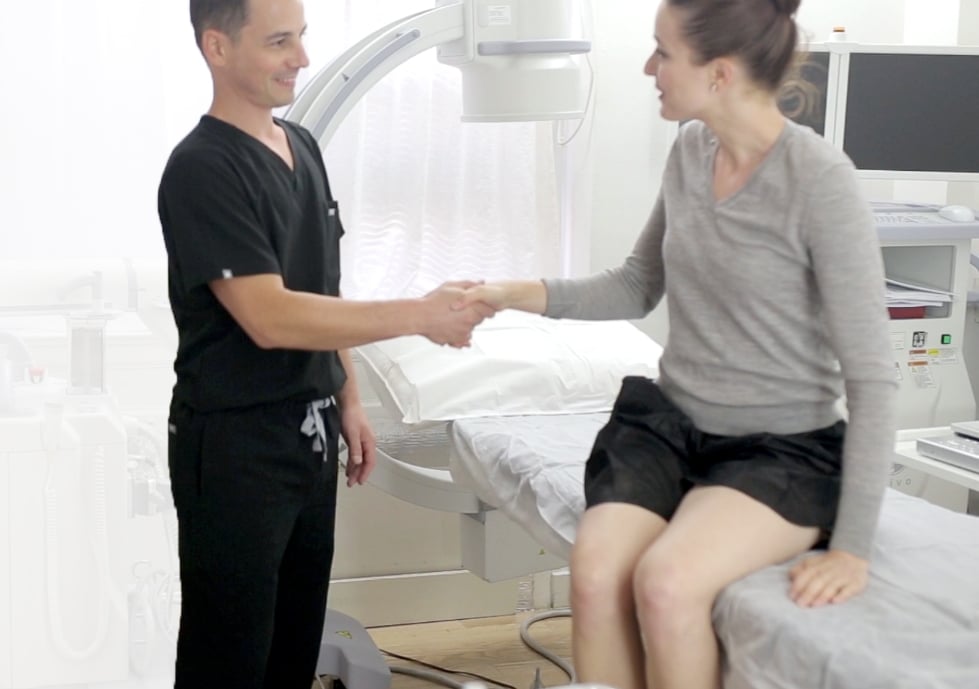
What are some common symptoms of vein disease?
Symptoms are the consequences of vein disease that you can feel. Some symptoms of vein disease include:
- heaviness or aching, especially after a long day of being on your feet, because more blood makes its way down to the legs
- leg fatigue and swelling in the feet or ankles
- leg muscle cramps due to insufficient circulation, which would otherwise carry away excess lactic acid produced from normal muscular activity
- Itchy, burning, or throbbing varicose veins and spider veins
If you are exhibiting signs or symptoms of vein disease, you may have some risk factors that could contribute to developing the vein disease further.
What are some of the risk factors that contribute to vein disease?
Some of the risk factors that contribute to vein disease are listed here from most significant to least significant. They all ultimately have the same effects of either weakening the vein valves or dilating the vein walls, so if you have one of more of these risk factors, make an appointment at a vein treatment center to seek treatment for vein disease.
- Genetics
- Biological Sex
- Pregnancy
- Age
- History of Blood Clots
- Obesity
- Occupation
How do genes increase my risk of vein disease?
If both of your parents have varicose veins, there is a 90 percent chance you will develop varicose veins as well. There are many contributing genetic factors, such as collagen development or vein wall composition, that can impact vein development and health, so genetics is by far the strongest risk factor for vein disease.
How does my biological sex increase my risk of vein disease?
Women are at a higher risk for developing vein disease than men due to female hormones such as estrogen and progesterone. Vein disease affects at least half of all women, because these female hormones have an impact on the relaxation of vein walls, which lowers blood pressure and can lead to venous insufficiency.
How does pregnancy increase my risk of vein disease?
Pregnancy heightens risk of vein disease in various ways, as the increased levels of hormones during pregnancy leads to vein wall relaxation, and the increase in total volume of blood in the body during gestation causes the veins to swell. Additionally, as the uterus grows, it can press on veins and restrict blood flow.
How does age increase my risk of vein disease?
Age is the most commonly known contributing risk factor for vein disease, because aging leads to natural wear and tear on the vein’s valves. This increases the likelihood over time of developing spider veins, varicose veins, or valvular reflex.
How does my medical history increase my risk of vein disease?
If you have had deep vein thrombosis, or blood clots in your legs, in the past, your chances of reflux is much higher because the blood clots can cause a lot of damage to the valves of the veins.
How does my weight increase my risk of vein disease?
Carrying excess weight can lead to increased pressure of the veins, which causes spider veins and varicose veins. Fat deposits also lead to increased estrogen levels, which causes vein walls to relax and enlarge, making them more visible on the skin’s surface.
How does my occupation increase my risk of vein disease?
If your job or day-to-day activities require you to sit or stand for long periods of time, it can put you at greater risk of vein disease, so be sure to take breaks to walk around to decrease your chances of developing varicose veins and spider veins.
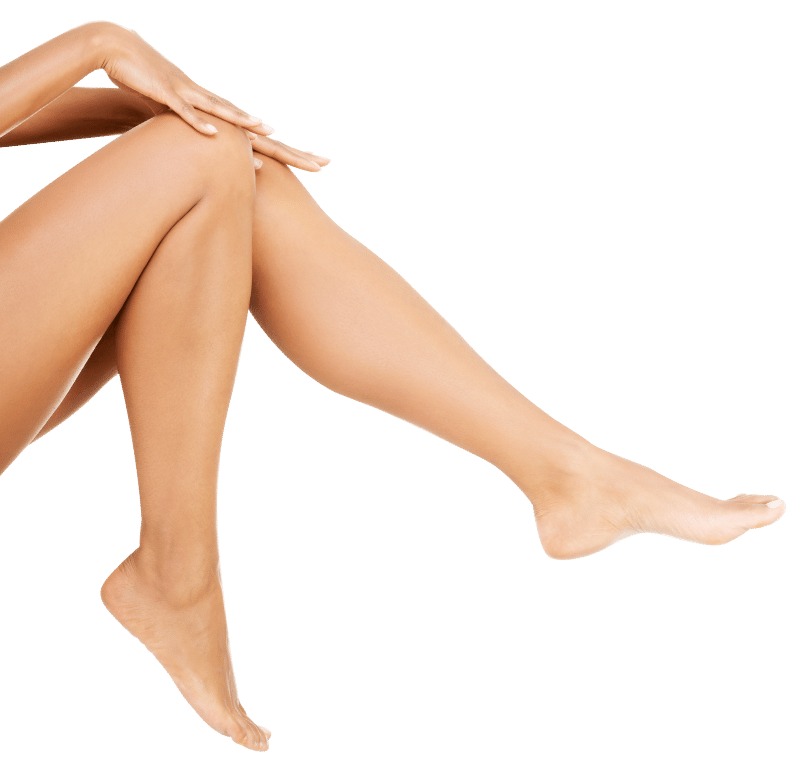
BOOK AN APPOINTMENT
Experiencing symptoms of vein disease? Book an appointment with one of the our Vein Specialists in New York.
What should I do if I have signs, symptoms, and/or significant risk factors for vein disease?
If you are seeing spider veins, varicose veins, or stasis dermatitis, and experiencing leg pains and fatigue, it is essential to set up an appointment with a specialist in venous medicine at a vein center. Risk factors can exacerbate these signs and symptoms, so you need to take action to minimize damage to the veins and prevent further problems down the road. If you are looking for a “vein clinic NYC” you can contact us at the Vein Treatment Clinic location in New York City, conveniently located in the heart of New York and easily accessible by Grand Central Station and Penn Station.
You can schedule your consultation at our vein center with one of our incredible vein doctors and be assured of cutting edge treatment. Dr. Sareh Rajaee is a Yale-trained vascular surgeon with extensive experience in vein and arterial disease. Dr. Juan Montoya is a Yale-trained double board-certified specialist in venous medicine and cardiothoracic surgery, and is bilingual in English and Spanish. Both the doctors prioritize patient care and strive to provide treatment with compassion and professionalism. Click here for directions and check out the Vein Treatment Clinic location in New York City for vein treatment today!
MEET OUR NEW YORK
VEIN SPECIALISTS
Dr.MICHAEL NGUYEN
Veins Specialist NYC
He leads the team of vein doctors offering the highest level of care at our Spider and Varicose Vein Treatment Center NYC.
HARVARD MEDICAL SCHOOL
Dr. JUAN D. MONTOYA
Veins Specialists NYC
Highly sought after for his expertise and excellent outcomes in Vein Treatments in Manhattan.
YALE MEDICAL SCHOOL
Dr. SAREH RAJAEE
Veins Specialists NYC
She has extensive experience with vein performing procedures based on New York City.
HARVARD MEDICAL SCHOOL
Learn more about our clinics, doctors and procedures!

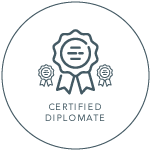

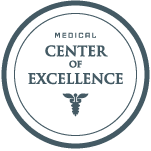



Contact us
Call us
Speak instantly with one of our team members; they will answer any questions you may have regarding insurance coverage, booking an appointment and our vein treatment locations. (332) 263-4648
Book online
Visit our Book Appointment page and instantly request an appointment at the New York vein center near you. We offer Free Insurance Verification before your appointment.
Get directions
Learn how to easily get to the New York vein center.
FEATURED POSTS BY VEIN DOCTORS
Get Varicose Vein Removal at Upper East Side, NY Vein Clinic
Get Varicose Vein Removal at Upper East Side, NY Vein ClinicYou may have noticed bulging, twisted veins on your legs that ache after a long day. You may experience leg heaviness, cramping, or swelling, especially after standing for extended periods. If so, you might...
Find Top Varicose Vein Treatments in Upper East Side, NY
Find Top Varicose Vein Treatments in Upper East Side, NYDo you find yourself avoiding shorts or skirts because of bulging veins on your legs? Perhaps you experience persistent leg pain, swelling, or heaviness, especially after long days on your feet. These symptoms...
Treat Your Varicose Veins at Upper East Side, NY Vein Clinic
Treat Your Varicose Veins at Upper East Side, NY Vein ClinicIf you’ve ever experienced achy, heavy legs at the end of the day or noticed bulging, twisted veins along your thighs or calves, you may be dealing with varicose veins. Perhaps you’ve dismissed these symptoms...
Find the Best Vein Specialists in the Bronx, New York
Find the Best Vein Specialists in the Bronx, New YorkDo you often feel an uncomfortable heaviness in your legs by the end of the day? Perhaps you’ve noticed varicose veins or spider veins spreading across your legs, accompanied by swelling, throbbing, or itching....
